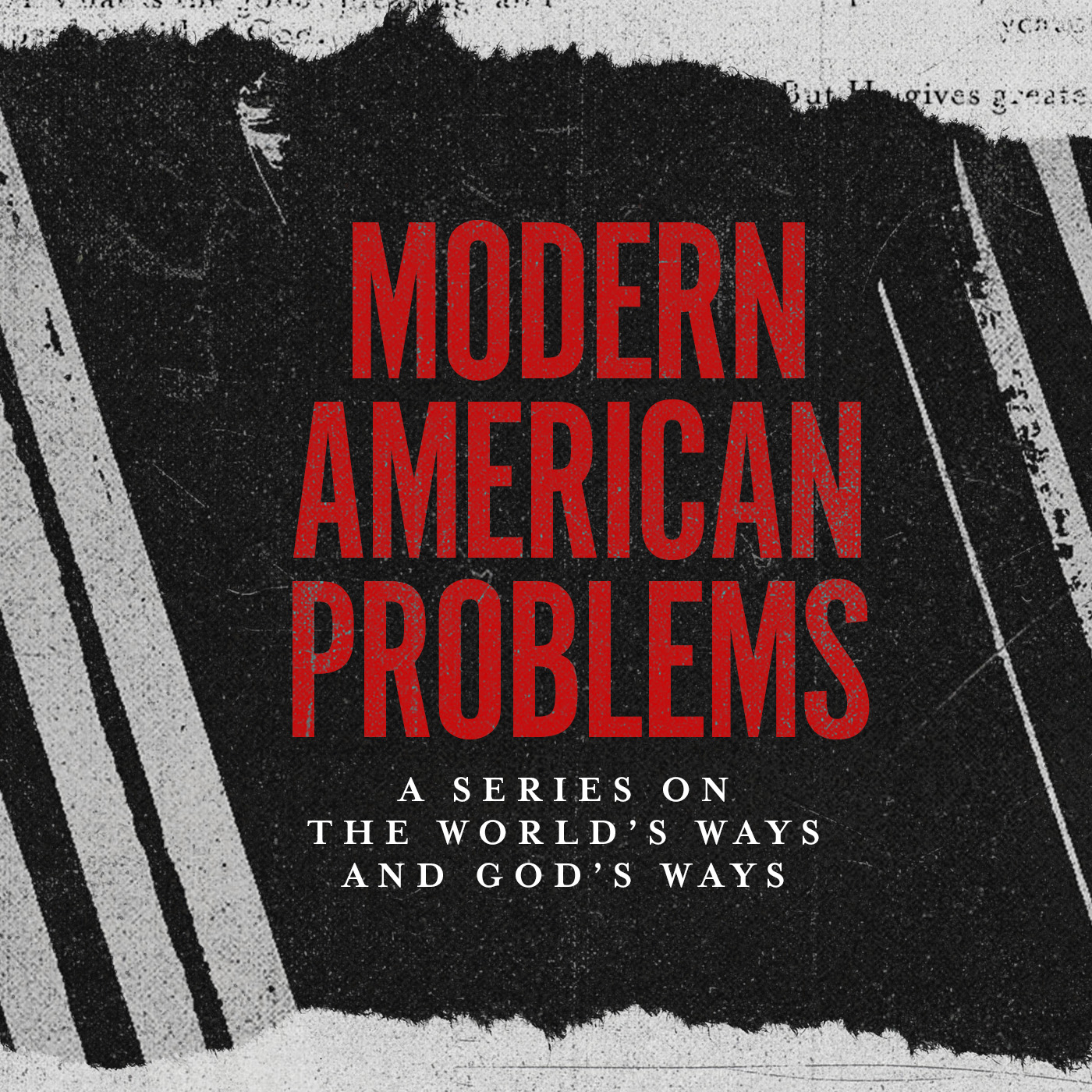This question comes up often. And it’s a difficult one to answer because it is phrased as a yes or no question, when the correct answer is “yes and no.”
WAYS IN WHICH SINS ARE NOT ALL THE SAME
When determining God’s view on any particular topic, it’s always best to go to his revealed word (the Bible) in order to know. Here are two clear Bible passages that teach that not all sins are the same:
“You would have no authority over Me at all,” Jesus answered him, “if it had not been given to you from above. This is why the one who handed Me over to you has the greater sin.” ~ John 19:11
“I assure you: it will be more tolerable on the day of judgement for the land of Sodom and Gomorrah than for that town.” ~ Matthew 10:15.
If you look up Mark 3:28-29, 1 John 5:16-17, and Ezekiel 16:51, you’ll see that they are somewhat similar. Mark refers to a sin that won’t be forgiven like all the others. 1 John breaks down sins into two categories (those leading to death and those not leading to death.) And Ezekiel says that Jerusalem was so bad that they made towns like Samaria look good by comparison.
Additionally, the fact that different crimes have different penalties in the Old Testament is also a huge hint in this direction - not all sins are equal.
In a lot of ways, this is not controversial. I would guess that most people have some kind of suspicion that not all sins are the same. I’m pretty sure most people agree that mass murder is worse than rolling your eyes disrespectfully at your mother, even though both of those are violations of the Ten Commandments. For a lot of us, this position is both the teaching of the Bible and common sense.
WAYS IN WHICH SINS ARE ALL THE SAME
While I do not believe all sins are the same, there are two huge ways in which they are all equal:
- All sins are equally damnable
- All sins are equally forgivable*
Where do I get this idea from? The Bible. Whenever there are verses that list how God deals with sinners, there is often a lot of grouping of sins written as if they all have something in common. Look at these two lists as examples:
But the cowards, unbelievers, vile, murderers, sexually immoral, sorcerers, idolators, and all liars – their share will be in the lake that burns with fire and sulfur, which is the second death. ~ Revelation 21:8
Don’t you know that the unrighteous will not inherit God’s kingdom? Do not be deceived: No sexually immoral people, idolaters, adulterers, or anyone practicing homosexuality, no thieves, greedy people, drunkards, verbally abusive people, or swindlers will inherit God’s kingdom. And some of you used to be like this. But you were washed, you were sanctified, you were justified in the name of the Lord Jesus Christ and by the Spirit of our God. ~ 1 Corinthians 6:9-11
Notice that Revelation 21 teaches that both liars and murderers go to the same place of punishment at the final judgement. And 1 Corinthians 6 pronounces the same judgment (“will not inherit God’s kingdom”) on sexual sinners as it does on greedy people. Multiple types of sinners are all treated the same in these passages. This is why I say all sin is equally damnable. The Bible treats all sins like they are equally capable of making you a sinner and worthy of judgment.
Also, notice that 1 Corinthians 6 specifically points out that those different kinds of sinners were represented by the Christians living in Corinth: “some of you used to be like this.” The passage states that they used to be sinners which is an indication that they are no longer to be categorized that way. Rather it goes on to say, “You were washed… in the name of the Lord Jesus.” Therefore, it is safe to assume there were Christians in Corinth who had previously committed adultery, homosexuality, greed, etc., and that all of them had been forgiven when they turned to the Lord Jesus Christ. That is why I say that all sin is equally forgivable. God forgives every sin of everyone who trusts in Him.
APPLICATION
Now that we know this, perhaps we can cut other Christians some slack when they say things like “all sins are the same in God’s eyes” or if they say, “I think what she did is way worse than what he did.” They might both be right, depending on what they are talking about.
Not all sins are equally severe. All sins are equally damnable and equally forgivable.
---
*Note: Some may object to my saying all sins are equally forgivable considering there is a well-known place in the Bible that people refer to as “the unforgiveable sin.” It is found in Matthew 12:31-32 and Mark 3:28-29. Blasphemy of the Holy Spirit is mentioned by Jesus in both passages as a sin that “will not be forgiven.” There are two views that can be taken on this:
- “Will not be forgiven” means “unforgiveable.” The idea here is that God can forgive every sin but one. There is one sin that is so bad that once someone commits it, God cannot forgive them for it. If this interpretation is correct, then everything I said above is still correct other than the part about “all sins are equally forgivable.” There would be one exception to that generally true statement.
- “Will not be forgiven” means “will not be repented of.” The idea here is that God can forgive any sin but that there is one sin, Blasphemy of the Holy Spirit, that is such a strong rejection of God that it will lead the sinner to never repent – to never seek God and His forgiveness, and therefore to never receive it. This is the one I believe.

